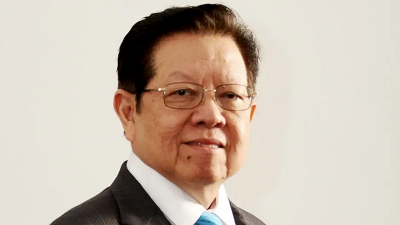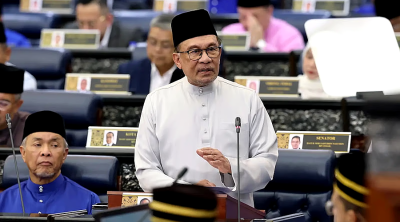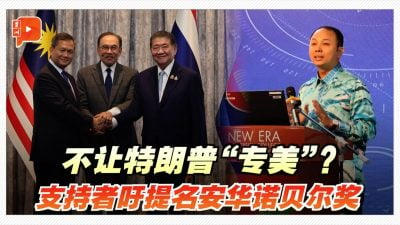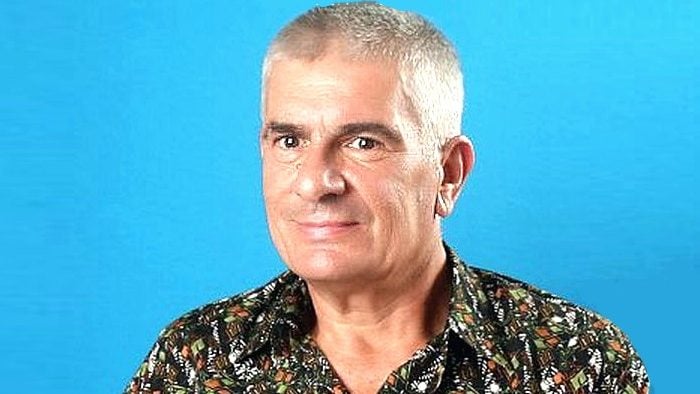
The “Reformasi” movement grew out of the dismissal of then deputy prime minister Anwar Ibrahim from all offices in the government and Umno in 1998.
Reformasi became attached to Anwar from this moment, where he became the symbol of all aspirations of change in Malaysia.
Reformasi, or reform, meant different things to different people. Some equated Reformasi to freedom of speech, others to removing the draconian Internal Security Act (ISA), now SOCMA.
Yet others saw the essence of Reformasi was related to repealing the New Economic Policy (NEP).
Reformasi was about creating a new vison of Malaysia. The vision probably had its intellectual basis from former DAP opposition leader Lim Kit Siang’s 1978 book, “Time Bombs in Malaysia”. Thus, Reformasi covered education, economic policy, and social policy.
Reformasi covered a wide range of issues, where some saw it meaning a totally secular government. Others saw a blend, where secularism was blended with a Malaysian cultural and religious flavour.
What followed was a struggle for more than two decades to install a Reformasi government in office.
There has been a long struggle, but the debate about what Reformasi actually means has always dragged behind.
In fact, there is no real blueprint about what could be generally accepted as the philosophy of Reformasi Malaysia should aspire to. Reformasi means different things to different people.
It’s beyond the scope of this article to define what Reformasi should mean to Malaysians. This should be up for debate and discussion, where the think tanks and universities should be taking the lead to create visons for Malaysians to consider.
The steps for creating an environment for Reformasi would include:
1. Creating a vision or visons of what Malaysia could be
Refomasi should be about developing and creating a generally agreed upon vision of government, society and the economy. Without a solid vison, any Reformasi is just ad hoc, and piece meal. This needs great attention.
Political, academic, and business leaders must all play a role. Communities must be involved where this vison is created and accepted. This is not a process a team of consultants or advertising agency can just create. The process of creating vision has its own steps.
2. Vision must be defined as policy
With a vision, policies can be created to implement the agreed vision. How any affirmative action be framed, how will the economy be organized, how much freedom of speech will be allowed, what laws will be repealed, will all be decided from the vision. Policies are just plans to implement the vision.
3. How should government be developed?
Policies require government to implement them. Government must then be shaped and moulded into the structure that will be best suited for policy implementation.
This is the most difficult aspect of Reformasi to undertake, as it means changing ministries, departments, agencies, and the ways they work. Some will be enhanced, while others made redundant. Many of these decisions are difficult, as they affect the lives of people within the system of institutions, we call government.
Finally, we have something called evolutionary Reformasi, where the leadership can learn how other governments and institutions around the world works towards solving their administrative problems. In management, this could be called implementing best practices.
In this sense, all government should be Reformasi governments, as they are continually changing. Government must continually change to remain relevant to the nation and people.
Reformasi should be about creating a big picture and implementing the parts to create a whole new nation. A sense of nation should be continuing to evolve, and not remain stagnant.
Perhaps the final words on Reformasi should be left to Tan Sri Lim Kit Siang.
Lim Kit Siang said at his recent book launch “I hope we continue to have faith (in the current government). I tend to be pessimistic in the short term, but optimistic about the long term (Prospects).”
Lim averted to the lessons learnt during the 22 months of Pakatan Harapan’s administration back in 2018, where it was difficult to make things happen overnight.
Any reforms in Malaysia are totally dependent upon the civil service. The civil service plays a major role in making policy, and is also the prime channel for any policy implementation.
The civil service has its own culture and can run the affairs of government without any executive arm or cabinet. Some could even argue that the civil service influences cabinet, more than cabinet directs the civil service.
As Lim Kit Siang alludes, changing the civil service culture to widen its visions of reform will take time. Ironically, former prime minister Najib Razak realized this and set up the Government Transformation Program. The ‘unity government’ must confront this issue too.
Reformasi is a slow process.
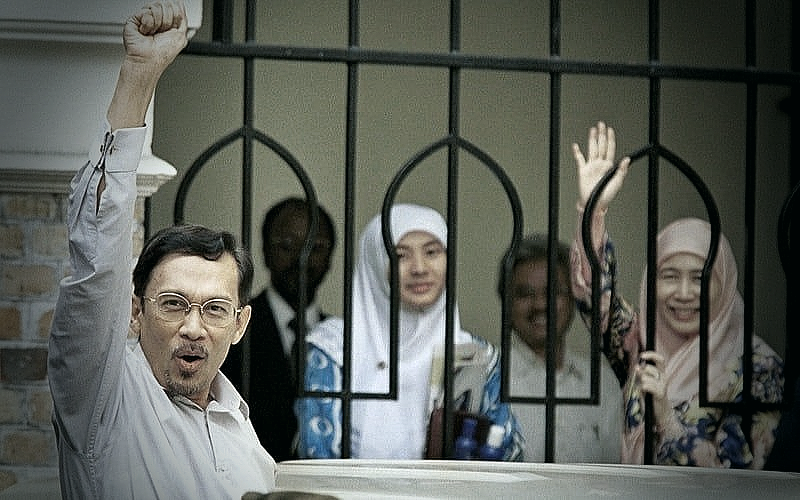
(Murray Hunter has been involved in Asia-Pacific business for the last 40 years as an entrepreneur, consultant, academic and researcher. He was an associate professor at Universiti Malaysia Perlis.)
ADVERTISEMENT
ADVERTISEMENT







